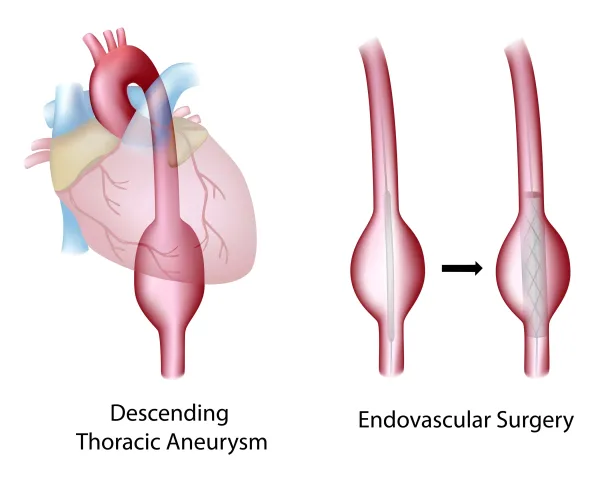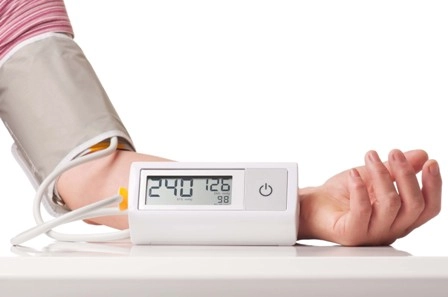Cardiology Coding Alert
5 FAQs Ensure You Meet Specific Critical Care Criteria, Mind Time Requirements
Don’t separately report the services that are bundled into critical care. If your cardiologist uses high-complexity decision-making to assess, manipulate, and support vital system functions to treat a patient who suffers from vital organ system failure or to prevent further life-threatening conditions, you may be able to report the critical care evaluation and management (E/M) codes — 99291 and +99292. However, the CPT® manual has very specific rules for the critical care codes. And, if you don’t follow these rules, you could make major mistakes with your claims. Take a look at the FAQs to correctly report critical care services in your cardiology practice. Turn to 99291 and +99292 For Critical Care FAQ 1: What codes do we have to choose from when it comes to critical care? Answer: For critical care, you can report 99291 (Critical care, evaluation and management of the critically ill or critically injured patient; first 30-74 minutes) and +99292 (… each additional 30 minutes (List separately in addition to code for primary service)). Critical care occurs when a physician or other qualified healthcare professional directly provides medical services for a critically ill or critically injured patient. As always, the documentation must support the necessity of the critical care service. Always Meet These Requirements For Critical Care FAQ 2: To qualify for critical care, which specific requirements must a service meet? Answer: To qualify for critical care, a service must meet all of the following requirements: Don’t miss: If the cardiologist provides services for a patient who is not critically ill but is in the critical care unit, you should report another appropriate E/M code, not a critical care code, according to the CPT® guidelines. Coders must remember that physicians can perform critical care anywhere, not just in the ICU or ER, reiterates Catherine Brink, BS, CMM, CPC, president of Healthcare Resource Management in Spring Lake, New Jersey. Critical care is not based on the location of service, but instead, this term describes a type of care. Beware Services Bundled Into Critical Care FAQ 3: My cardiologist performed pulse oximetry, code 94760, along with 99291 for a critically ill patient. Can we report the pulse oximetry separately? Answer: No. The CPT® critical care guidelines includes a specific list of services that are bundled into the professional components of critical care that you should not report separately when performed by the physician providing the critical care during the critical care period. Pulse oximetry is one of these services. The entire list is as follows: Don’t miss: When your physician provides any of the above services during a critical care session, you should not report them separately. However, facilities can report these services separately. Mind Time for Critical Care FAQ 4: How important is it for the cardiologist to document how much time he spends with the patient during critical care services? Answer: Time is a vital component of the critical care codes. The physician should always record the time he spent with the patient in the medical documentation. “The documentation must include the total time the physician spent in critical care for/with the patient,” emphasizes Suzan Hauptman, MPM, CPC, CEMC, CEDC, director compliance audit at Cancer Treatment Centers of America “It does not have to be continuous, but it does have to be the total time on one full calendar day. Without this, the coding team would never know how long Dr. X spent with the patient.” You should report 99291 for the first 30-74 minutes of critical care on a given date. You should report 99291 only once per date even if the time the physician spends is not continuous on that date. You should report critical care of less than 30 minutes total duration on a given date with the appropriate E/M code, not a critical care code. Then, you should report +99292 for additional block(s) of time, of up to 30 minutes each beyond the first 74 minutes. “The time that can be reported as critical care is the time spent engaged in work directly related to the individual patient’s care whether that time was spent at the immediate bedside or elsewhere on the floor or unit,” according to the CPT® guidelines. You can report critical care: The physician can report the time he spends on the unit or at the nursing station on the floor reviewing test results or imaging studies, discussing the critically ill patient’s care with other medical staff, or documenting critical care services in the medical record as critical care, even though these services did not occur at the patient’s bedside. Also, “when the patient is unable or lacks capacity to participate in discussions, time spent on the floor or unit with family members or surrogate decision makers obtaining a medical history, reviewing the patient’s condition or prognosis, or discussing treatment or limitation(s) of treatment may be reported as critical care, provided that the conversation bears directly on the management of the patient,” per the guidelines. Don’t report critical care: However, any time the physician spends in activities outside of the unit or floor, such as telephone calls he takes at home, in his office, or somewhere else in the hospital, would not count as critical care because the physician is not immediately available to the patient in these circumstances. Additionally, if the physician spends time in activities that do not directly contribute to the patient’s treatment, such as administrative meetings, he cannot report these services as critical care, even if he performs these activities in the critical care unit, according to the guidelines. Putting It All Together FAQ 5: I’m still not certain about when I could report the critical care codes. Can you give me an example? Answer: The cardiologist performs critical care services where he uses high-complexity decision making to assess, manipulate, and support vital system functions to treat a patient who suffers from circulatory failure. The cardiologist documents that he spent 1 hour and 15 minutes with the patient. You should report 99291, +99292 on your claim.
Related Articles
Cardiology Coding Alert
- CPT®:
3 Tips Sharpen Your Comprehensive EP Study Reporting Skills
Hint: The cardiologist must perform 5 components to report a comprehensive EP study. Intracardiac electrophysiologic [...] - CPT®:
Execute Perfect Tilt Table Claims With This Advice
If the physician owns the tilt table, report 93660 without a modifier. You read in [...] - FAQs:
5 FAQs Ensure You Meet Specific Critical Care Criteria, Mind Time Requirements
Don’t separately report the services that are bundled into critical care. If your cardiologist uses [...] - You Be the Coder:
Easily Differentiate Between 93306 and 93307
Question: What are the differences between codes 93306 and 93307? Florida Subscriber Answer: The codes [...] - Reader Question:
Solve This Programming Device Evaluation Mystery
Question: The cardiologist performed a face-to-face evaluation, and then he optimally adjusted the existing parameters of [...] - Reader Question:
Don't Mix Up 92975 With 92977
Question: The cardiologist used a catheter to infuse urokinase into the affected coronary artery of a [...] - Reader Question:
Append Modifier 25 to E/M Codes Only
Question: I’m new to coding, and I am struggling with some of the modifier rules. When [...]




